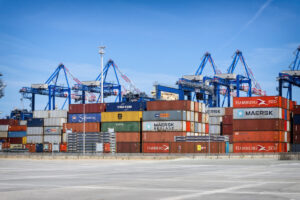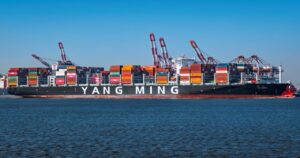The Philippines has won a court ruling from The Hague which gives it control over key reefs and access to disputed waters of the South China Sea, according to breaking reports.
The case was initially took to The Hague by the Philippines in 2013, and with its eventually success, it now means waters that China thought neutral, are now under Philippine jurasdiction.
China has not hidden its maritime ambitions in recent years and the ruling will be a blow to its ambitions and monopoly in the region.
The Hauge decalred that: “…although Chinese navigators and fishermen, as well as those of other states, had historically made use of the islands in the South China Sea, there was no evidence that China had historically exercised exclusive control over the waters or their resources.
“The tribunal concluded that there was no legal basis for China to claim historic rights to resources within the sea areas falling within the ‘nine-dash line’.”
The United Nations Convention on the Law of the Sea (UNCLOS) originally met in order to decide upon terms of sovereignty over waters and islands in the region, of which China believes it owns 90%.
Chinese state news has described the finding from The Hague as “ill founded”.
The US and other international powers were concerned that the conflict could affect maritime traffic through the South China Sea, as through it runs over half of all global merchant shipping, and the increase in US naval presence has also increased tensions with China.
As China has already stated it would not abide by any terms ruled by The Hague, there are fears that this ruling could spark further confusion, as well as disturb a vital global trade lane.








